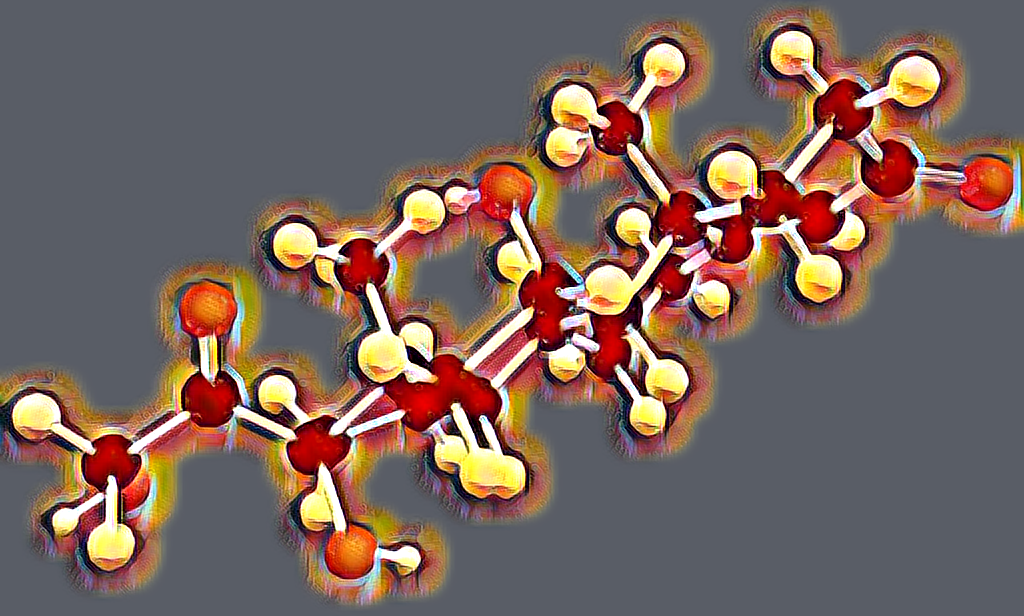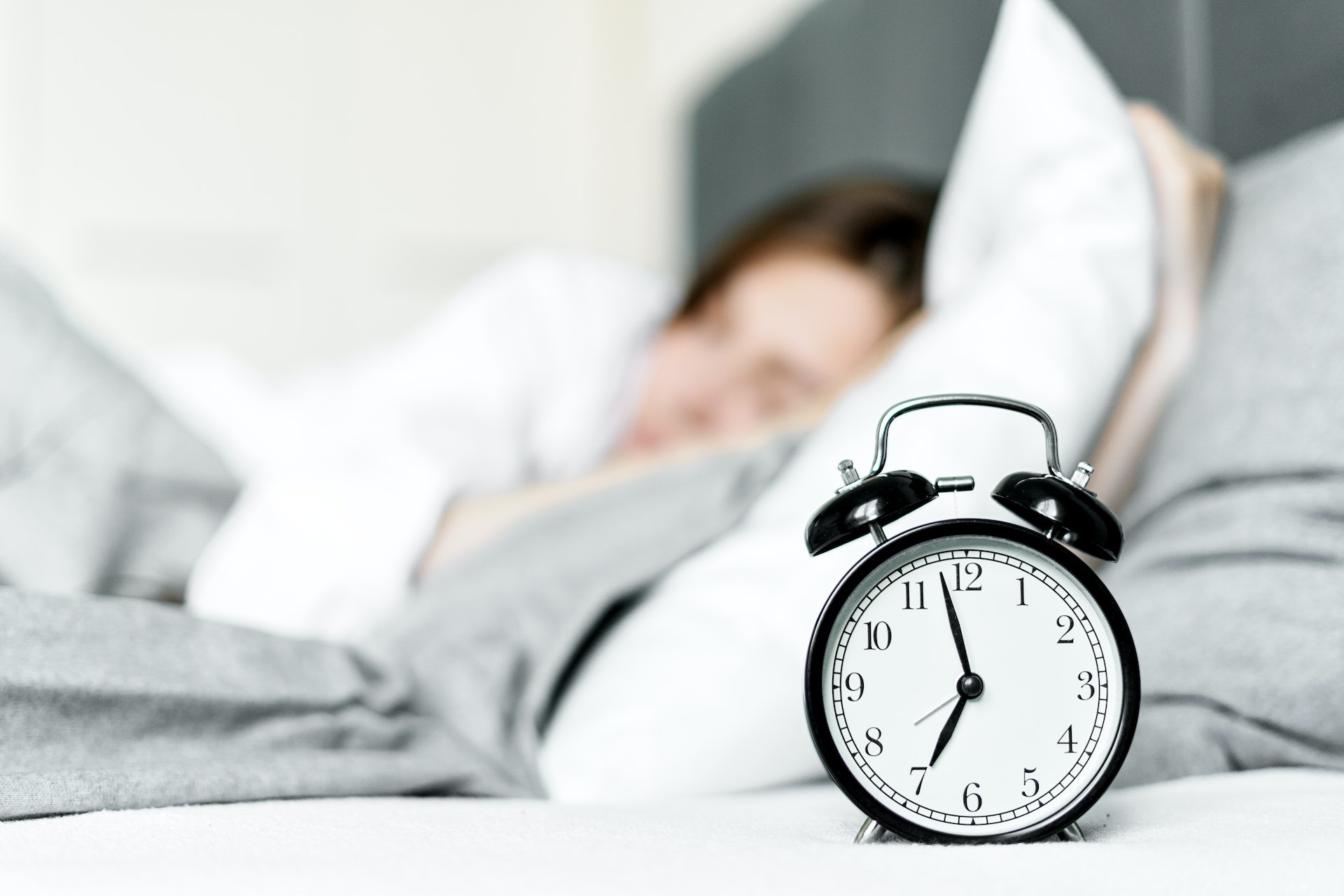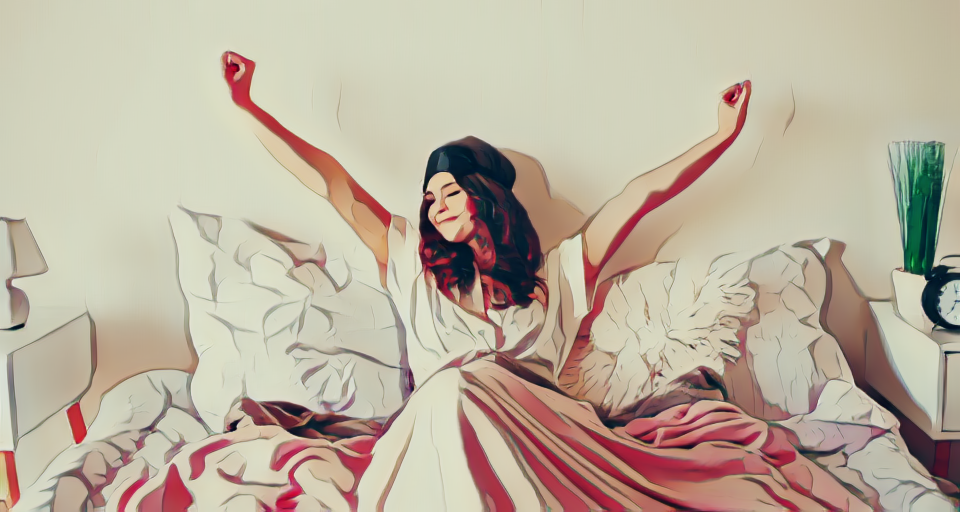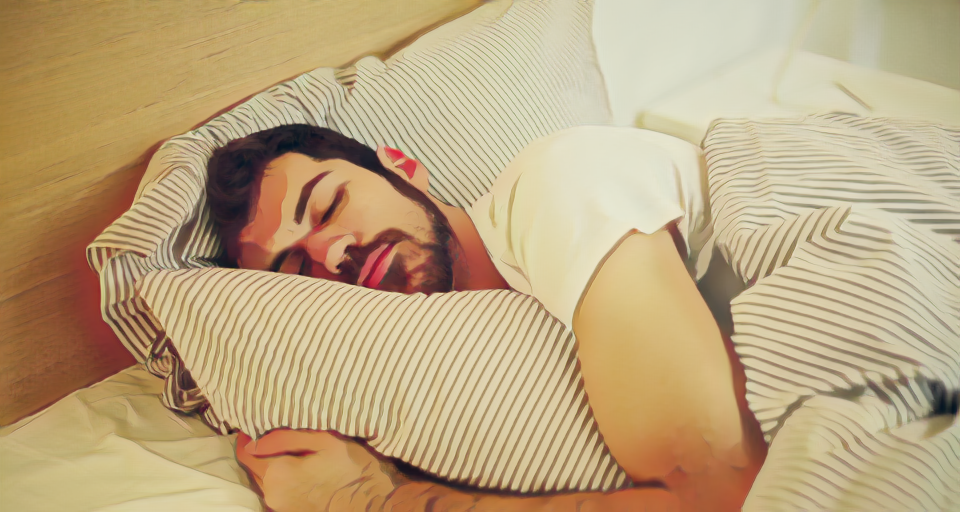
Have you ever thought about how we feel when we don’t get enough sleep? Everyone in their life has at least once thought about assessing their condition when they are completely or partially sleep deprived. The fact is that one of the main hormones that dominates our body when we have not had enough sleep is cortisol. Cortisol is one of the stress hormones, and since lack of sleep is stressful, it can increase significantly. How does this affect us?
As a rule, we lead a lifestyle that involves communication, interaction, and cooperation with other people. All of this also increases our stress levels, whether we realize it or not. At the same time, lack of sleep does not contribute to a harmonious balance of daily responsibilities and their fulfillment. This is primarily due to the negative long-term effects of elevated cortisol.
Other factors that increase cortisol are any stressful situations and even thoughts about these situations. Often, we rush to work in the morning when we are sleep deprived. Often, the fact that we haven’t slept much makes us lie in bed even longer before work, and then rush to get ready and run.
We worry about missing our bus or tram, we worry when we’re stuck in a traffic jam. That is, cortisol is already rising due to stress, and then there is the small number of hours of sleep. All this together causes even more stress. And we are not talking about useful stress, like when we leave our comfort zone, but rather about harmful stress.
There can be a lot of tasks at work that day, sometimes even unexpected ones. All sorts of deadlines, “meetings” and tasks that require a lot of resources, and you don’t have them due to lack of sleep, which in turn raises cortisol and stress levels.
In addition, don’t forget that conflicts or disputes with colleagues or clients can happen at work, and this also causes increased cortisol. As if that weren’t enough sleep, you’re often overwhelmed with tasks at work and everyone needs something from you. Sound familiar?
Another factor that increases cortisol is coffee and energy drinks. And what do we often do when we don’t get enough sleep? That’s right, many of us drink strong coffee in the morning to compensate for the night’s lack of sleep.
In addition, cortisol rises on its own at around 11 am. If there are other factors that increase it, they all add up. And then the body is really in trouble.
We can’t consciously regulate our stress levels, and the body does it regardless of our consciousness, which often hinders us in our work and life. However, this is how the body tries to save itself and compensate for the negative effects of insufficient sleep.
As a result, we have an organism that is under prolonged high stress. People who have certain problems with the nervous system, such as increased anxiety, feel the worst on such days. Everyone else may not notice the changes in the body due to lack of sleep, but the constant elevated cortisol is slowly taking its toll.
For example, this can manifest itself in excess fat on the abdomen and flanks (the so-called “lifeline”), poor focus, irritability, and a feeling of being fed up with everything. Such a long-term condition, in the absence of work on oneself, can even cause depression, high blood pressure, and other diseases. That’s why it’s important to have a good night’s sleep, which is the key to health and productivity.
Returning to the topic, namely cortisol levels during insufficient sleep, it is worth saying that this condition has a bad effect on any organism. However, there are people who notice it, there are those who feel all the symptoms but ignore them, and there are those who have simply adapted to this rhythm of life (although this does not mean that it does not affect the body in any negative way).
The worst thing about not getting enough sleep is the “overlap” of other negative stressors during the day. For example, working under time pressure, hard mental work that requires focus, fulfilling promises, solving complex problems, responsible tasks to other people that cannot be postponed to another period.
And vice versa. Positive factors reduce cortisol and offset its effects, even when we have had little sleep. For example, if we didn’t sleep well, but we have a day off and go for a bike ride in the countryside, in nature, it will have a positive effect on us and reduce cortisol. That is, in this way, we try to reduce stress factors and produce hormones of joy, which “displace” stress hormones.
What to do if cortisol is high due to lack of sleep?
I’m going to give you my “recipe” that I often try on myself. This does not mean that it is perfectly correct, but it helps me a lot. Perhaps it will be useful to some of the readers. Given that I am a person who has faced the unpleasant phenomenon of panic attacks in the past and have been trying to deal with increased anxiety in a practical way for a long time.
So, the first thing I do on days when I haven’t slept well is try to reduce my stress level in the morning before work. To reduce stress, you often need to increase it first, no matter how paradoxical it may sound. I know that I haven’t slept enough anyway, so I never get up just before I leave the house, but try to get up at least 2 hours earlier.
I need to “start” my body before I get to work. I also have to leave the house early to make sure that I get to work on time and won’t worry about being late. Believe me, this factor is very important for inner peace, although it is not so obvious at first glance.
It’s good to get out of bed and exercise, but when you’re sleepy, it’s too hard. The usual “lazy warm-up” won’t help. So instead of warming up, I do some of these things:
- I dance a special yoga dance called tandava (more suitable for men)
- If tandava is too hard for me that day, I know that I should at least do breaths according to the Wim Hoff method. They activate the body very well and invigorate it significantly
- If I have a little more time, I can “kick myself out” for a short run. Although this is the hardest thing
That is, I do one of the three things listed above on such days. It can be a combination of 2 feasible things: “tandava + breathing” or “running + later breathing”.
Then I further disperse the stress level in my body by taking a contrast shower. This trains the blood vessels well and also makes a “hormonal flurry” in the body. I’m inclined to think that it’s better to have it in the morning, before work and main duties.
After a shower, I make fresh juice, no matter what – apples, oranges, or carrots, take an ashwagandha capsule and a Magne B6 capsule, and sit down to meditate.
Ashwagandha is an adaptogen that helps fight stress, and most importantly, helps the body adapt in stressful situations. Magnesium, on the other hand, helps us with any kind of stress and is good for the nervous system.
Remember that before using any dietary supplements, you should consult your doctor.
Meditation brings us into a calmer state and relaxes us. After all of the above active procedures, it helps the body calm down and tune in to a productive, but calm and balanced day.
After all of the above, I get dressed and go to work. I should also make sure to take food to work. Iu will definitely be hungry, and hunger causes increased insulin, cortisol, and stress.
How long do all the above procedures take me?
- Tandava – 3-4 minutes
- Breathing by the Wim Hoff method – 15 minutes
- Shower – 10 minutes
- Juice and supplements – 10 minutes
- Meditation – 15 minutes
That is, in general, it is an hour of time. That is, even if you haven’t slept well, you need to get up 1.5-2 hours earlier. If I want to run on such a day, I need at least 40 minutes more, so I rarely run on such days.
How do I feel on days like this after my morning “procedures”?
As a rule, at first there is an uplift and even a burst of energy. During the first 4 hours at work, I hardly feel tired at all. The body feels “fresh” and active. I don’t feel like I haven’t had enough sleep.
Then, however, fatigue sets in. Especially often after eating. Often a slight “fog” appears in my head and then it becomes difficult to focus on tasks, especially those that require initiative. It is easier for me to do something according to a pre-planned plan on such a day.
I also take another adaptogen with me to work, Rhodiola rosea, and on that day I take 1 capsule half an hour before my first meal. If I feel like it, I can take another one 2-3 hours before I finish work.
Remember that before using any dietary supplements, you should consult your doctor.
Rhodiola, like ashwagandha, is also an adaptogenic plant, it reduces cortisol levels (and therefore stress), adapts the body to stress, and on days when I don’t get enough sleep, it helps me to “stay afloat” better.
Important. No coffee or strong tea on this day. This is too much stress on the nervous system, which will instantly tire you out half an hour after drinking a cup.
We should also take into account that coffee increases cortisol by as much as 40% within a few minutes after drinking it. We struggle with it on days of lack of sleep, so drinking coffee or caffeinated drinks on that day is illogical, to say the least.
There is no panacea and no universal solution
It doesn’t always help much, and I’ll warn you right away. It’s hard to implement such a plan in the morning when you haven’t slept well. It requires willpower and attitude.
However, this ALWAYS works much better than getting out of bed, running to the shower, and immediately running out of the house to work. Or even worse, drinking coffee or energy drinks (often with unknown mix of ingredients).
I also want to warn you that such days should be rare. If you have a constant lack of sleep, then all of the above actions (except, perhaps, meditation) can harm your body.
I have also described my own situation and what I do in the morning after not getting enough sleep on certain days. I advise you to pay attention to your health and consult your doctor before taking any measures, engaging in physical activity or using dietary supplements.
And the best thing to do is to go to bed at the right time of the day to get enough sleep, maximize your body’s recovery and improve your health, and not vice versa.
Disclaimer: this article does not constitute medical advice. The article contains the author’s personal opinion and personal conclusions and observations. If you have problems with sleep or are interested in other issues related to it, it is better to consult your doctor.








